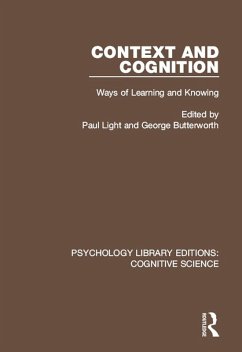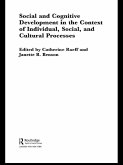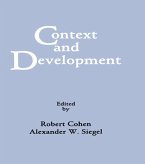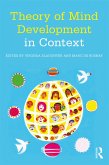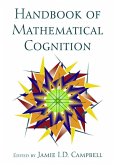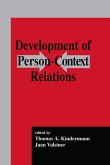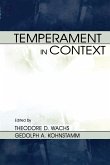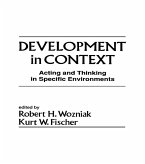Experts of international repute, the authors of this important book examine the recent literature on situated cognition in children. They explain contextual sensitivity in relation to ecological theories of cognition, and contrast intuitive reasoning in mathematical and other scientific domains with the failure of such reasoning in formal school contexts. Centrally concerned with the question of generalizability and transfer of knowledge from one situation to another, the contributors point to practical implications for understanding how intellectual competence can be made to generalize between "informal" and "formal" situations.
Dieser Download kann aus rechtlichen Gründen nur mit Rechnungsadresse in A, B, BG, CY, CZ, D, DK, EW, E, FIN, F, GR, HR, H, IRL, I, LT, L, LR, M, NL, PL, P, R, S, SLO, SK ausgeliefert werden.

